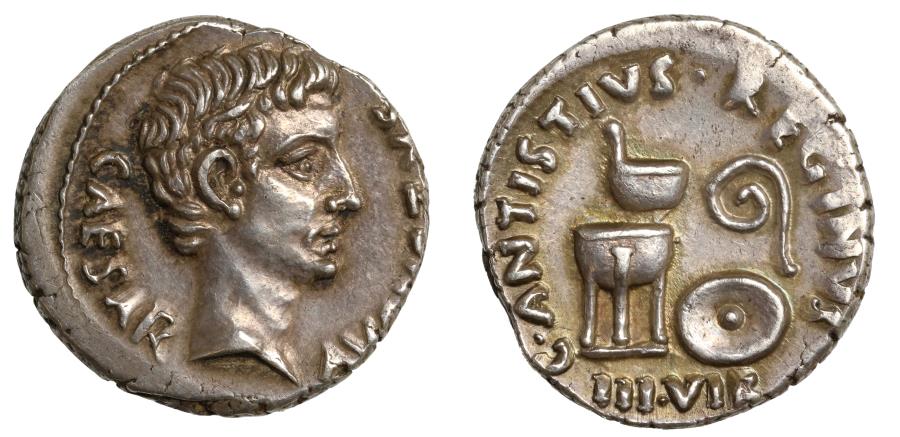As federal election season comes to the United States, I ponder what Jesus taught us about our responsibility and engagement in politics. I feel drawn to state my opinion about political candidates in order to share what I believe are Christian tenants that should drive election choices. I thank God that we have the privilege to vote for our preferred candidates in the United States and that we still have freedoms to enjoy and exercise in our country. However, I am also called to model my life after my Savior and Lord, Jesus Christ, so here it goes.
During Jesus time on earth, Rome, a pagan country occupied Jerusalem. Consequently, Jews didn’t live under the Laws from Leviticus and Deuteronomy but rather under Roman law. Many Jews thought a Messiah would save them from foreign occupation and become a king for their land.
As Roman citizens, Jews were under excessive Roman taxation. The tax collectors or publicans were Jews who bought the right from Rome to collect Roman taxes. In fact, Matthew was a publican. These tax collectors earned their living by taxing Jews above the Roman tax rate and pocketing the difference (Luke 3:12-13) (Luke 19:1-10). Jews hated paying taxes to the Roman government but that was the law of the occupying power. So, as a Jew in the politically pagan non-Jewish government of Rome, should Jews pay taxes to a government that oppressed them?
When the Heridonians (those Jews who were in favor of Herod and the Roman Empire rule over Israel) and the Pharisees (those Jewish leaders over the religious lives of the Jews) asked Jesus if he agreed with Roman taxation of the Jews, they were trying to trap him (Mark 12:13-14). If Jesus said no, don’t pay taxes, then he was defying Roman law and the Herodians would go to Caesar and complain about his illegal behavior. If he said yes, then he was against the Pharisees and the Jewish religious leadership. They thought he couldn’t win. Instead, Jesus said “Render to Caesar the things that are Caesar’s, and to God the things that are God’s.” (Mark 12:17).

Jesus clearly answered their question by giving authority to Caesar and to God. It is God who removes kings and establishes kings (Dan 2:21). Since God establishes kings, then we are to respect and be obedient to them. He uses all the world for his good purpose. In fact, God has even used evil nations to reprove his own people (Habakkuk 1:5-6).
Consider what the Bible teaches where followers should draw the line. It teaches that where the laws of men defy God’s laws and Jesus instructions (Acts 5:27-29), follow God. Not just in the New Testament but also in the Old. Babylon besieged and took over Jerusalem. The Babylonian king Nebuchadnezzar ordered to capture members of the royal family and bring them into Babylon in order to indoctrinate them for three years (Daniel 1:3-4). Notable among them were Daniel, Hananiah, Mishael and Azariah (Daniel 1:6-7) who were given new Babylonia names, the first step to make them into Babylonian leaders. Although they were Jews, they were respectful of their occupying leadership but drew a bright line in their obedience when the Babylonian king issued orders that were against God’s laws.
- They didn’t eat ceremonially unclean foods (Daniel 1:8-16) because of Lev 3:17, Lev 11:41-42, Deut 14:21, Lev 11:3
- They did not worship the golden image of king Nebuchadnezzar of Babylon (Daniel 3:10-12) because of Exodus 20:4-6
- Daniel would not stop praying (Daniel 6:12-13) because of Jeremiah 29:12, Prov 15:8, Psalms 16:6, Psalms 142:2, Psalms 102:17
Ultimately, Paul describes a Christian’s responsibility to the government in Romans 13:1-7. That we are to acknowledge that governments authorities are put in place by God, who is over all things. Since the governing authorities are put in place by God, they are to be obeyed, no matter what they may establish. This is a hard word but know that, according to Daniel, this does not give government laws superior authority over God’s laws. However, we are to acknowledge the sovereignty of God and that He raises up and brings down kings according to His plans.
